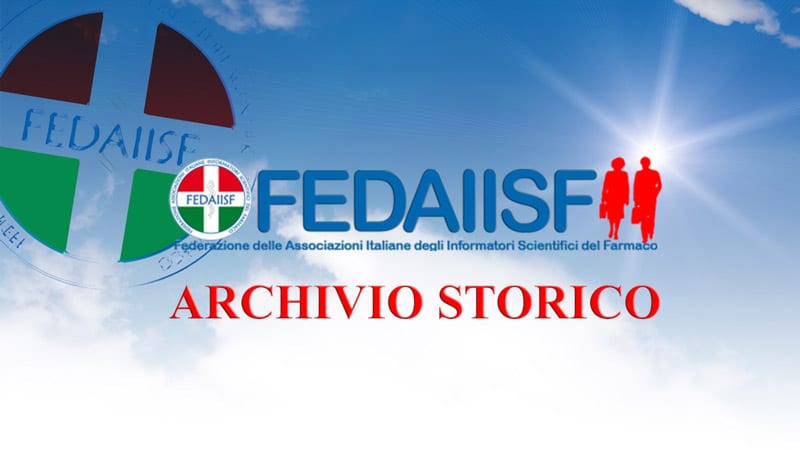Doctors go to school to optimize the prescription of right drug at the right time for their patients. The courses, organized by Ministry of Health, tendono a formare i medici di famiglia anche nell’ottica di optimize medical-pharmaceutical resources, as well as those cheap, to try to cure to the best i propri pazienti, in modo da evitare loro problemi futuri anche nell’ottica di contain spending pharmaceutical.
It is essentially a trend reversal if you think that, a few years ago, some Regions, especially then the less virtuous ones, emanated some circulars nelle quali davano delle indicazioni ai medici di famiglia circa l’individuation e l’utilizzazione dei farm us per curare i propri pazienti. Di fatto, a volte si sconsigliava l’uso di alcuni farmaci di fascia high economics, and which therefore would have meant a health expense considerable, to benefit instead of drugs più economicibut sometimes not able to get the same results.
Choice at all wrong obviously, both from the point of view ethical, both from that economic. In fact, those guidelines did nothing but do levitate the costs of regional health expenditure, with consequent greater debt, a situation which then inevitably led to tagli alla sanità. And this, coincidentally, precisely by those regional administrations little virtuous.
Eppure il discorso è molto semplice e surprises see how evaluations can be made so paradoxical by structures and people who, on the other hand, should be in a position to do the right choices.
Take, for example, disease cardiovascular which in Italy represent the first cause of death in the absolute sense with the 43% of deaths and also the greater expense healthcare with the 23% of the National Health Fund. A person suffering from pathologies cardiovasculari, if poorly cared for o non curato col farmaco giusto, seppur di alto costo, ha maggiori probabilità di andare incontro ad infarction events, events that in addition to putting to serious risk the patient's life, represent a healthcare expenditure molto più elevata che non la somministrazione di un farmaco seppur di high end as a price. This is if you think that a average hospitalization per un infarto è della durata di 8-10 days, hospitalization that has a decidedly cost high, and not only since an infarct event, even if passed, foresees a convalescence durante la quale è necessario fare degli exams di controllo di routine, senza pensare che molte volte è necessario fare ricorso anche ad una coronary angiography of control, examination from the cost Not Certainly irrelevant, cost absorbed by the national health system.
The Ministry of Health decided on a complete approach
